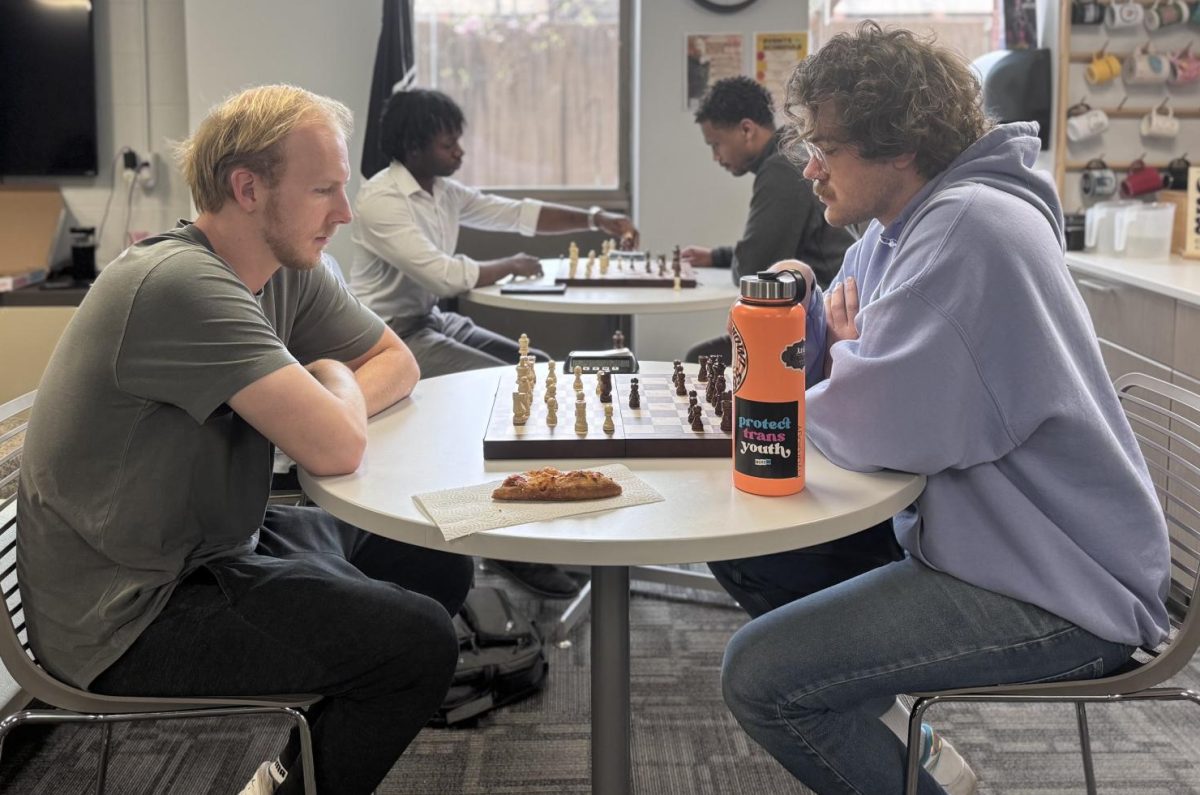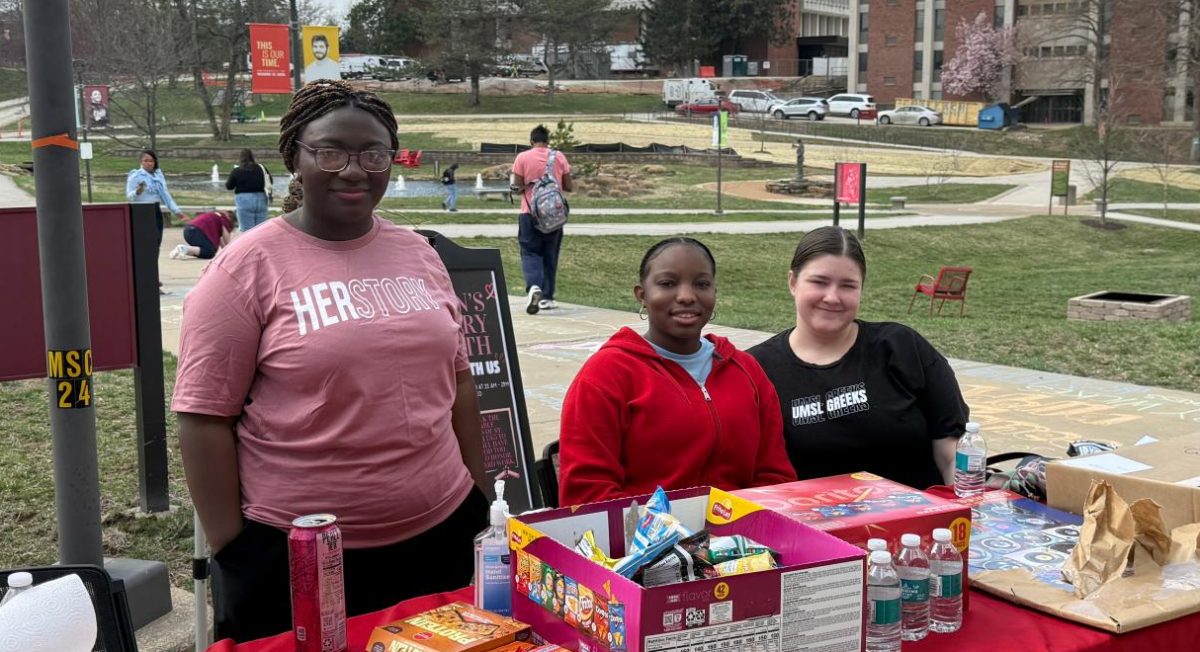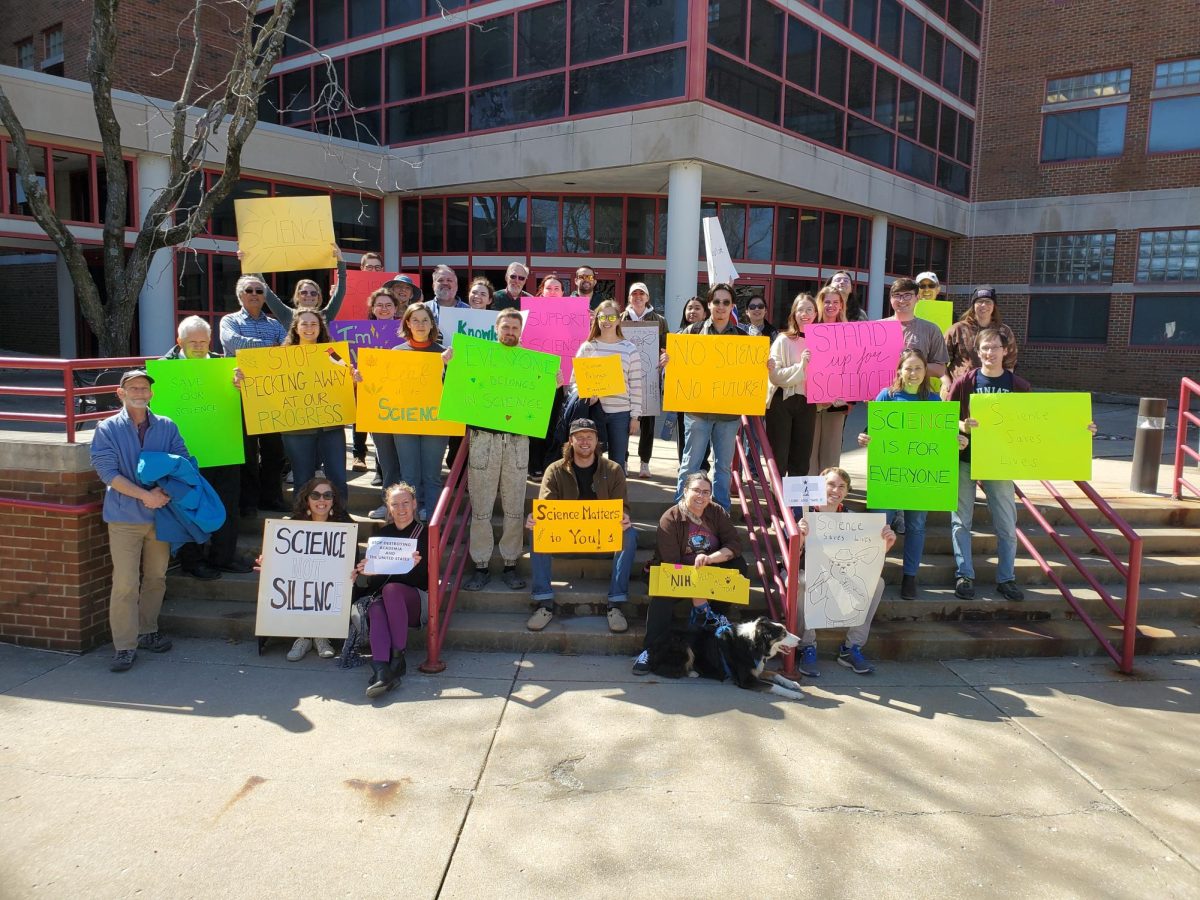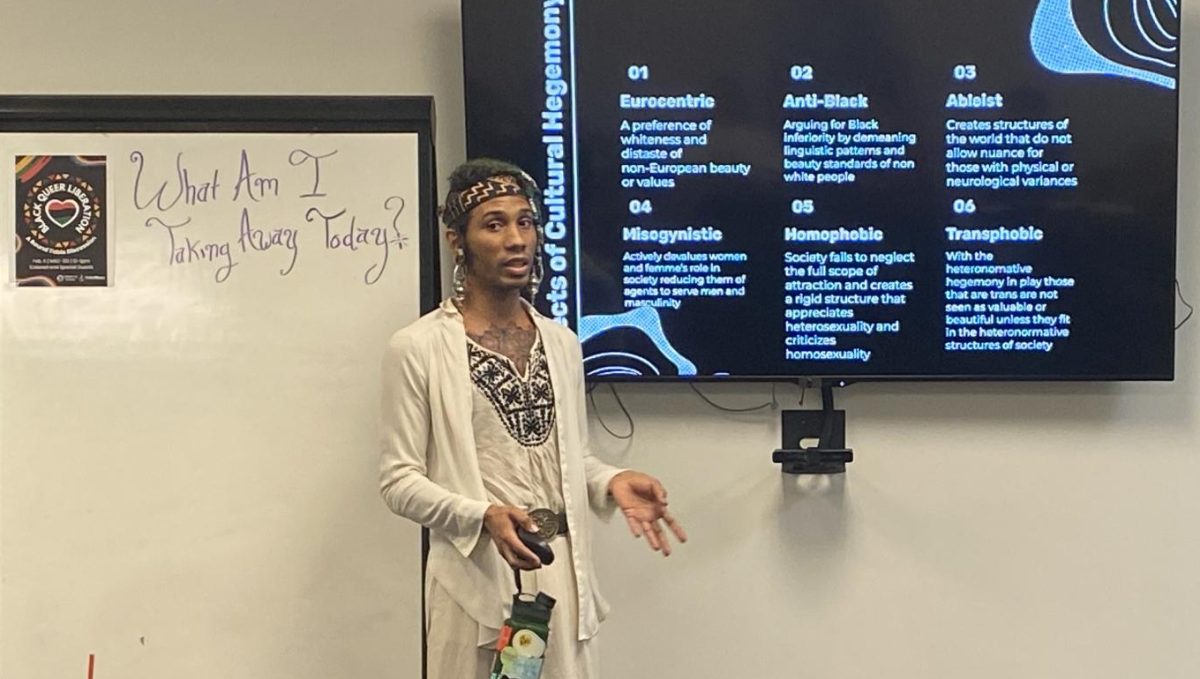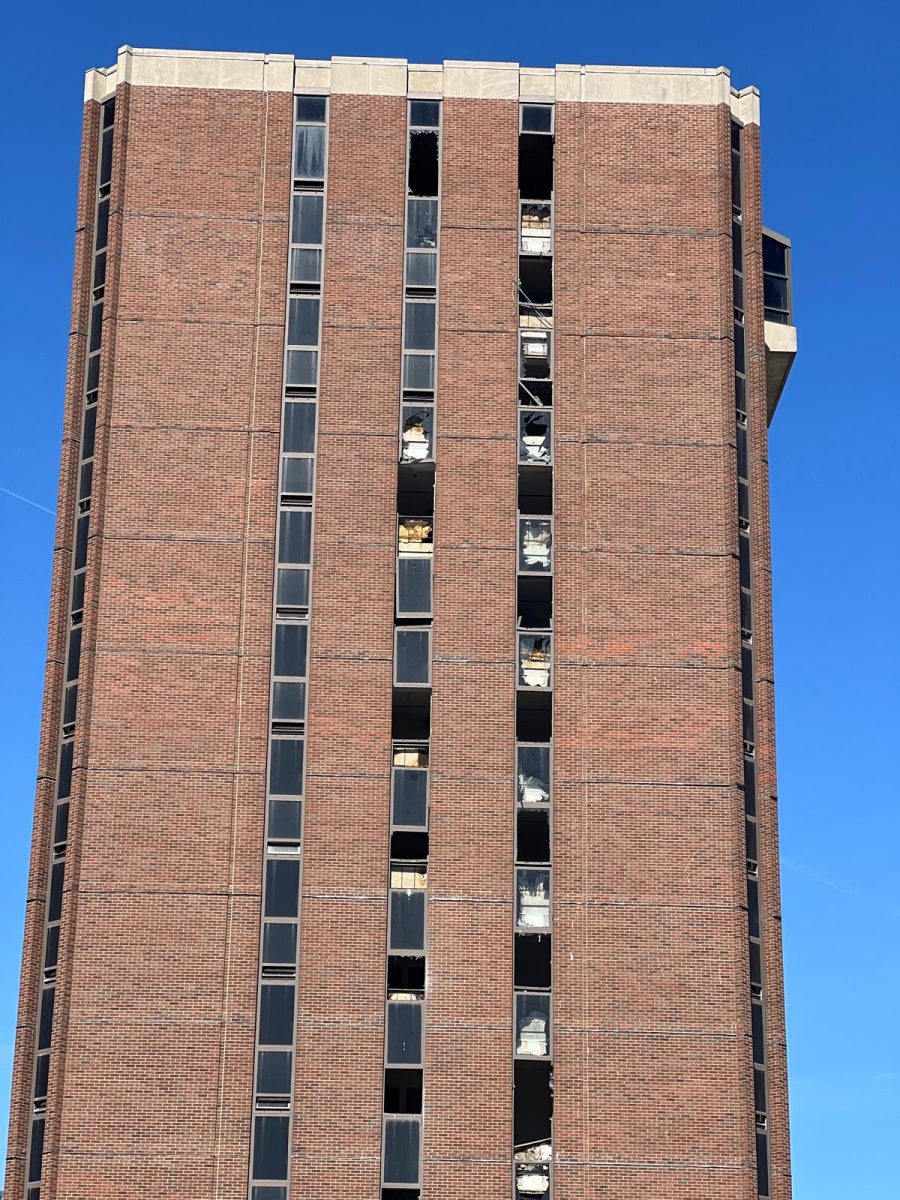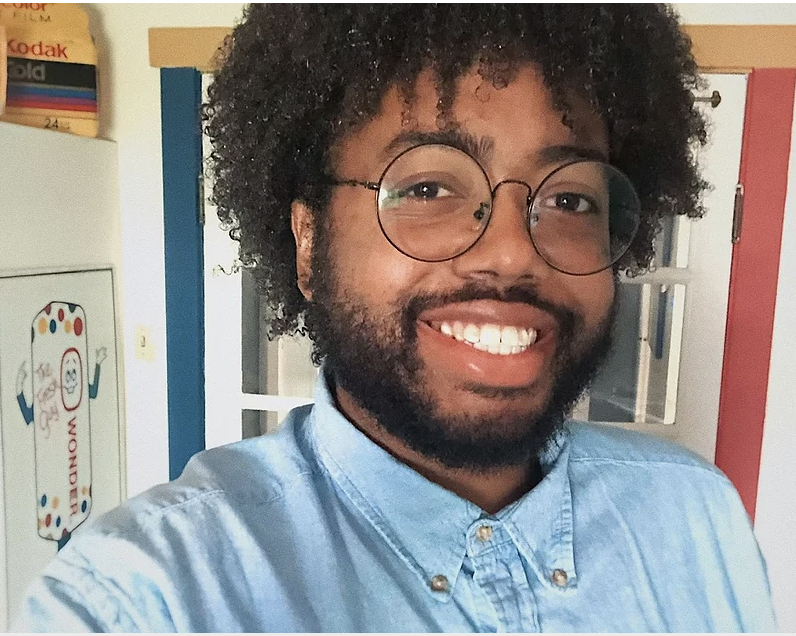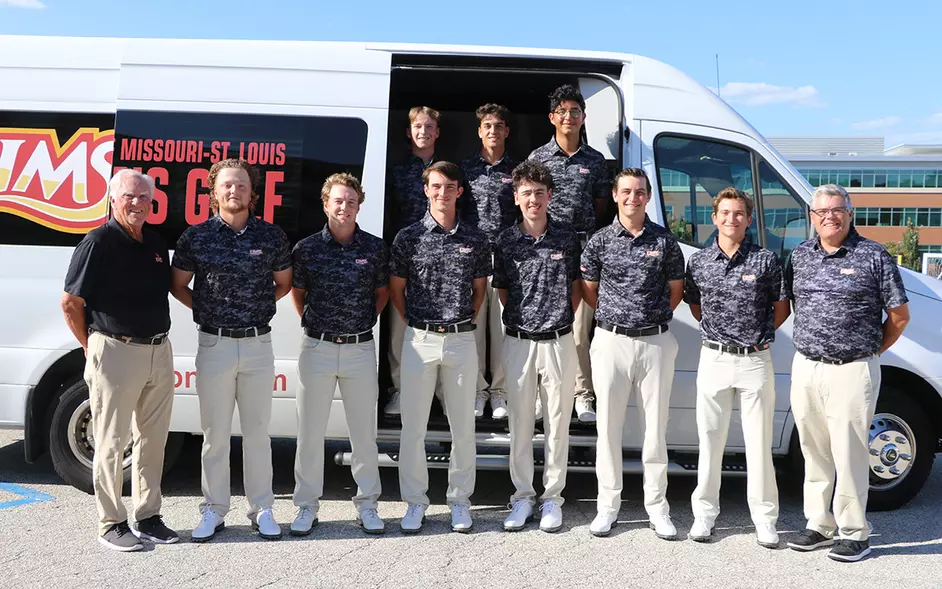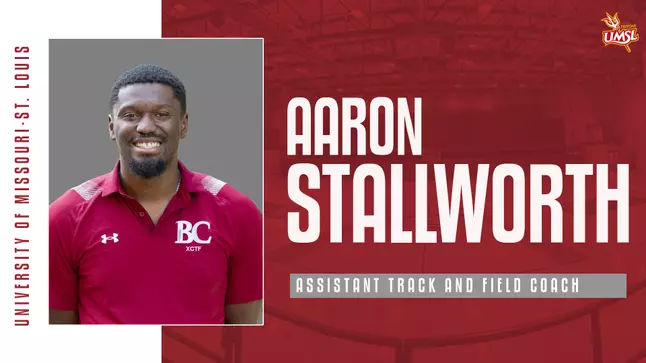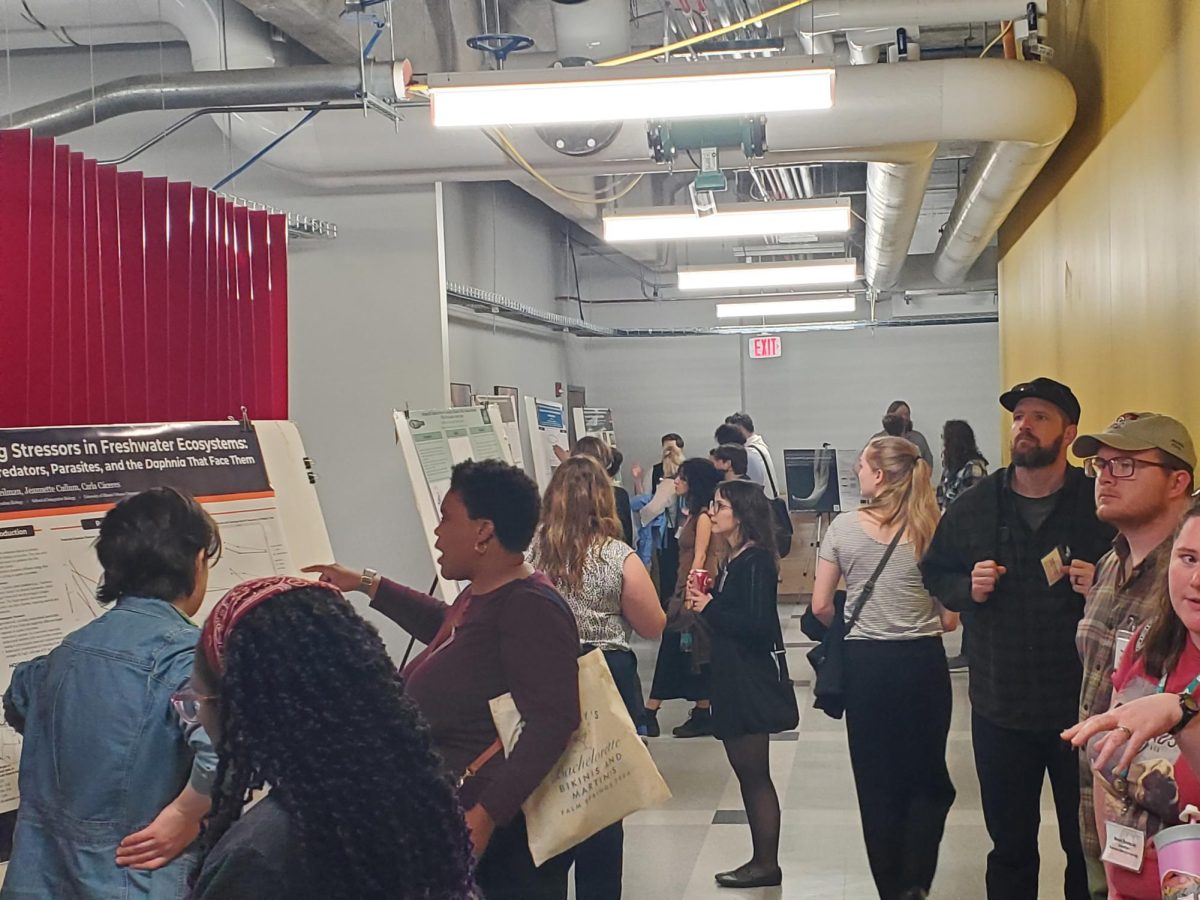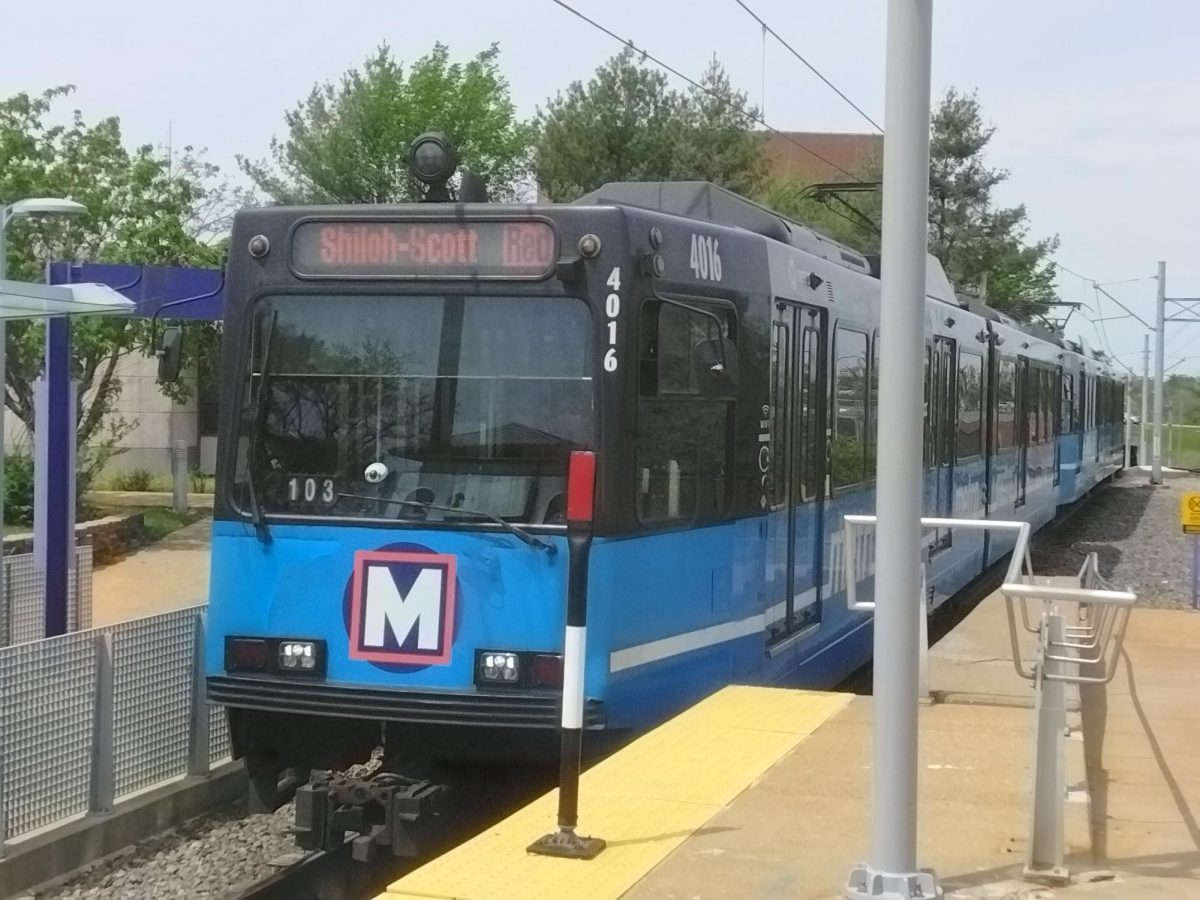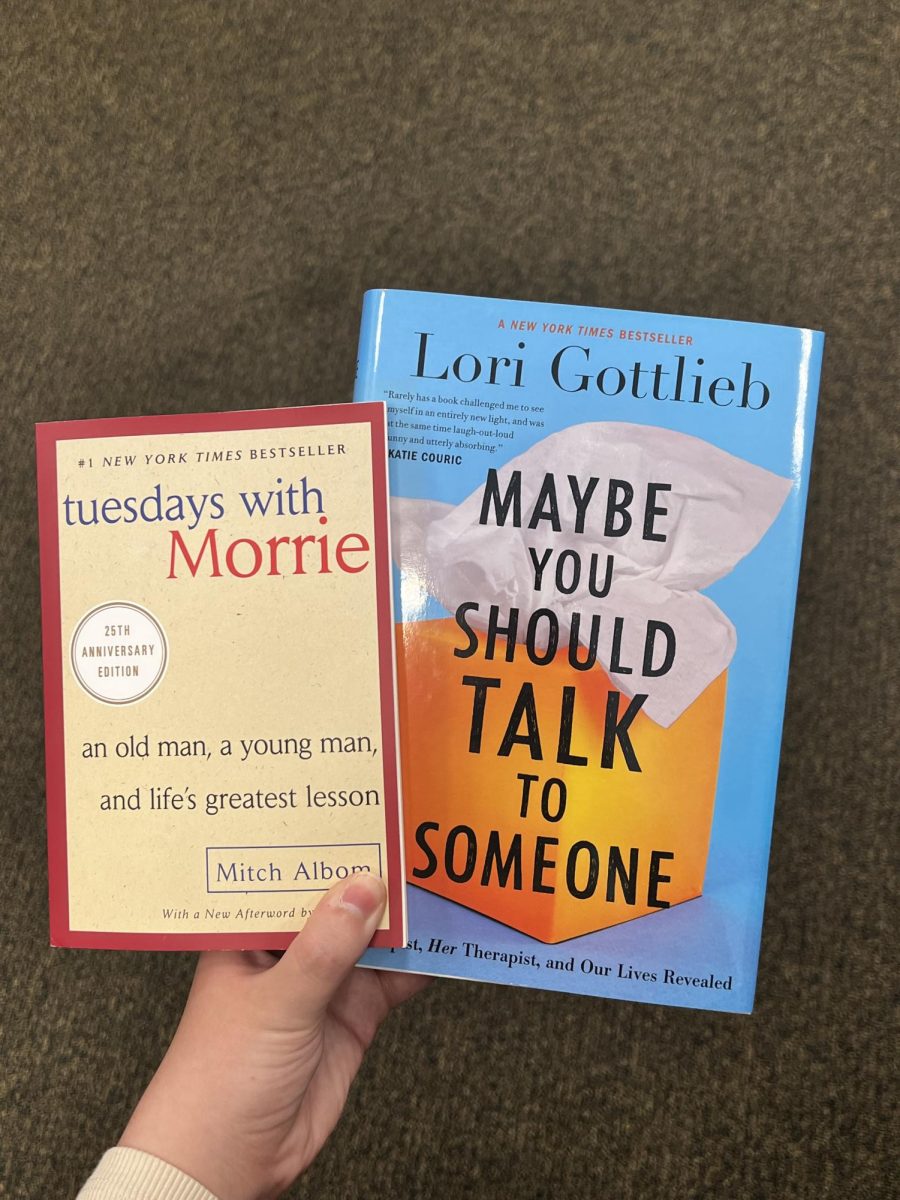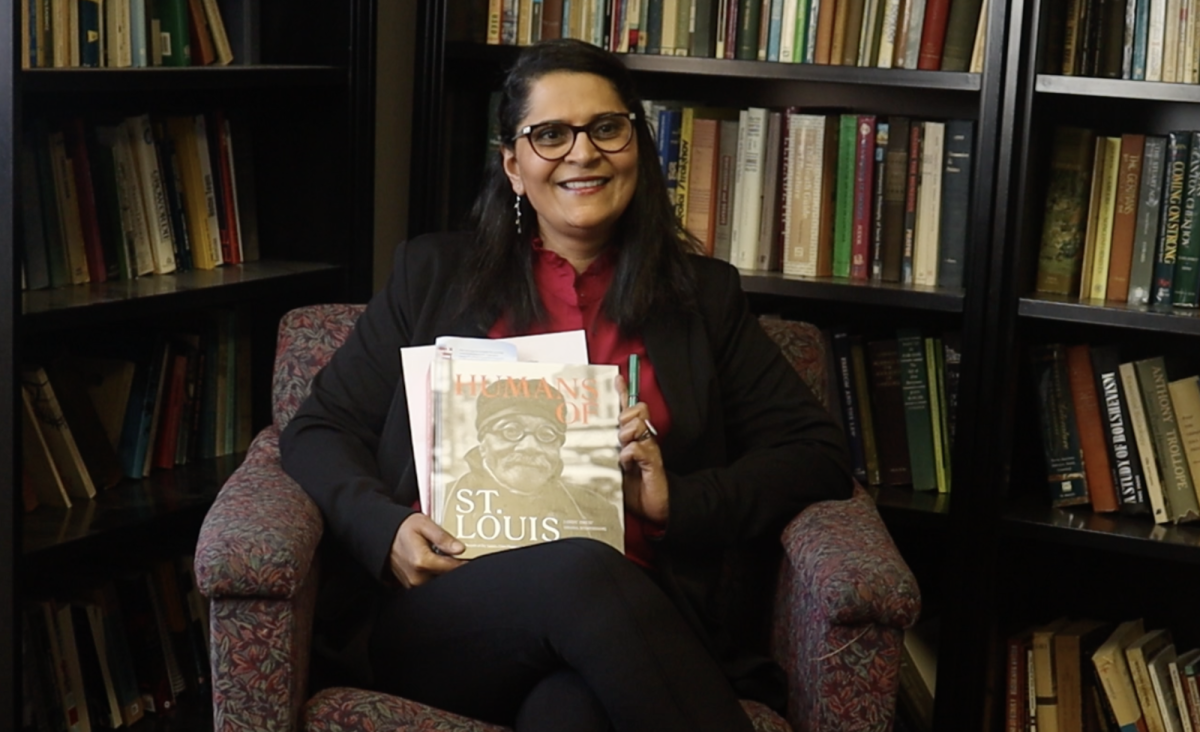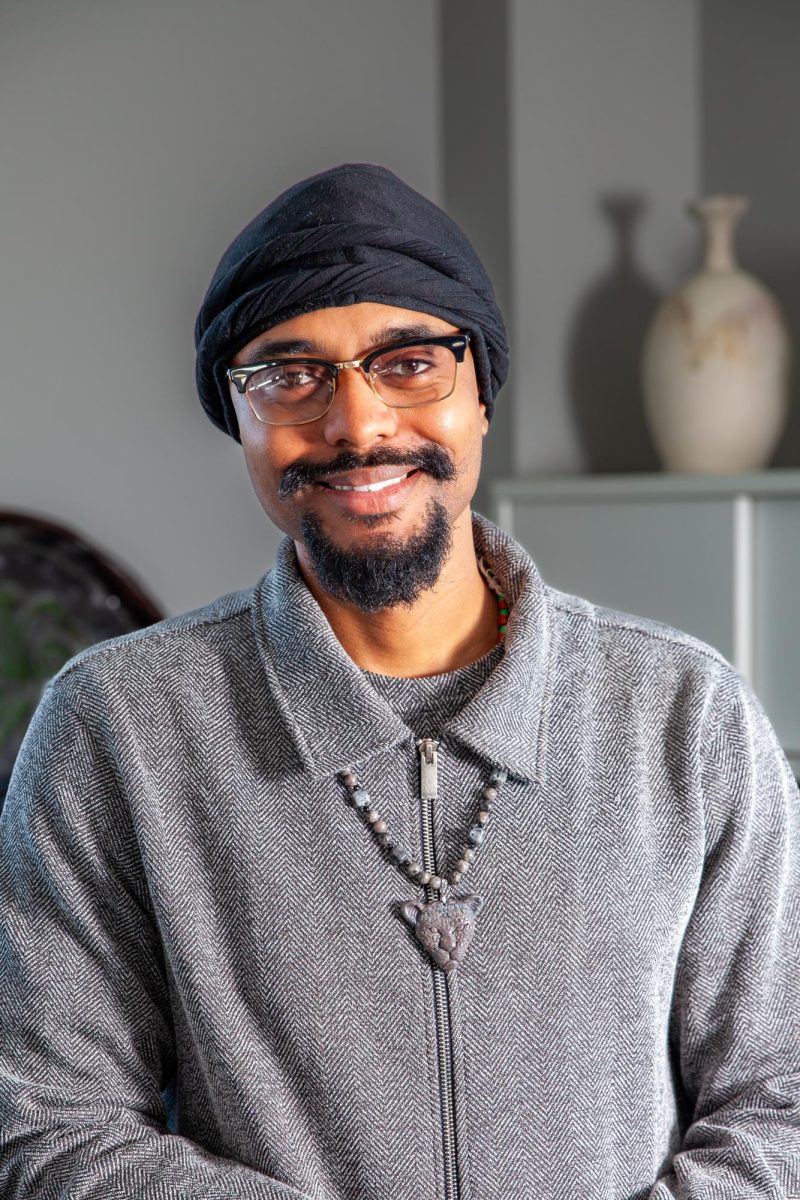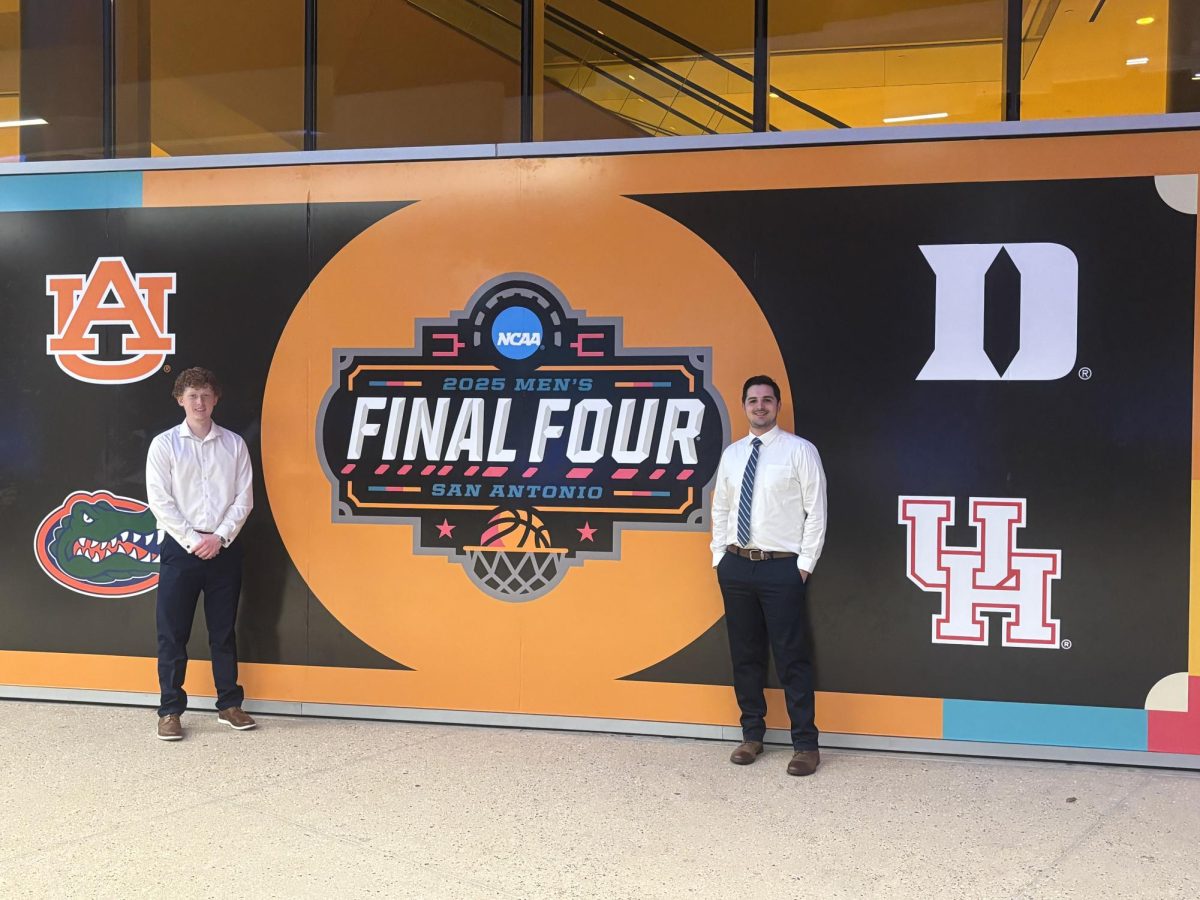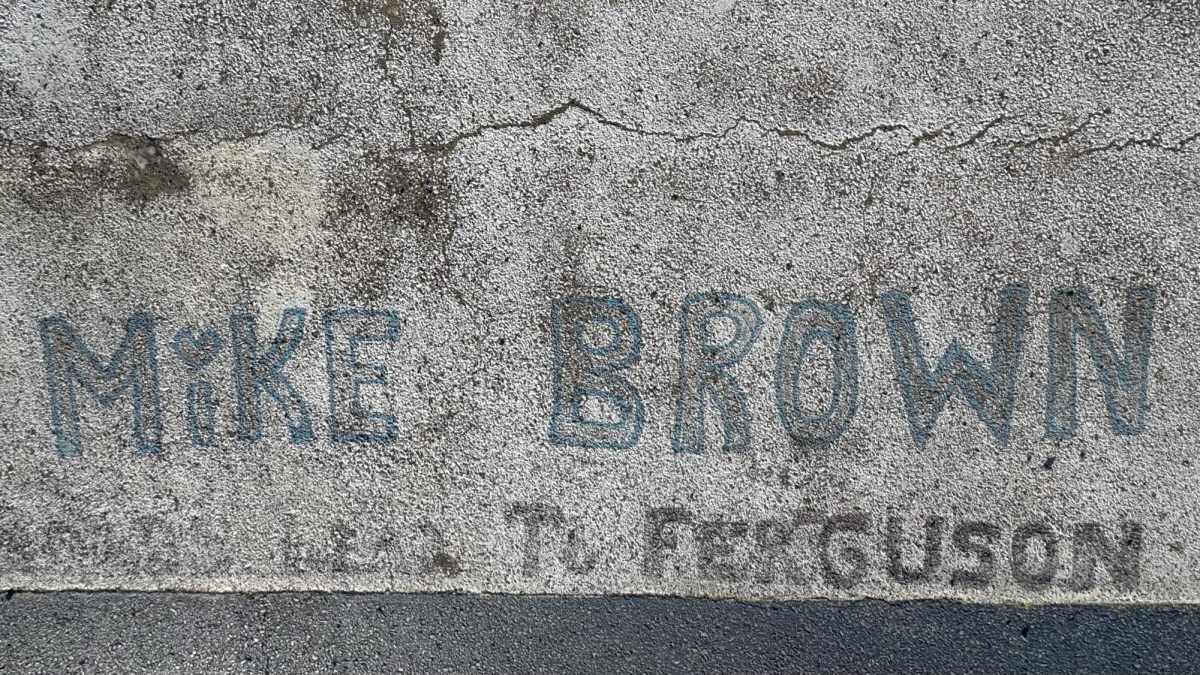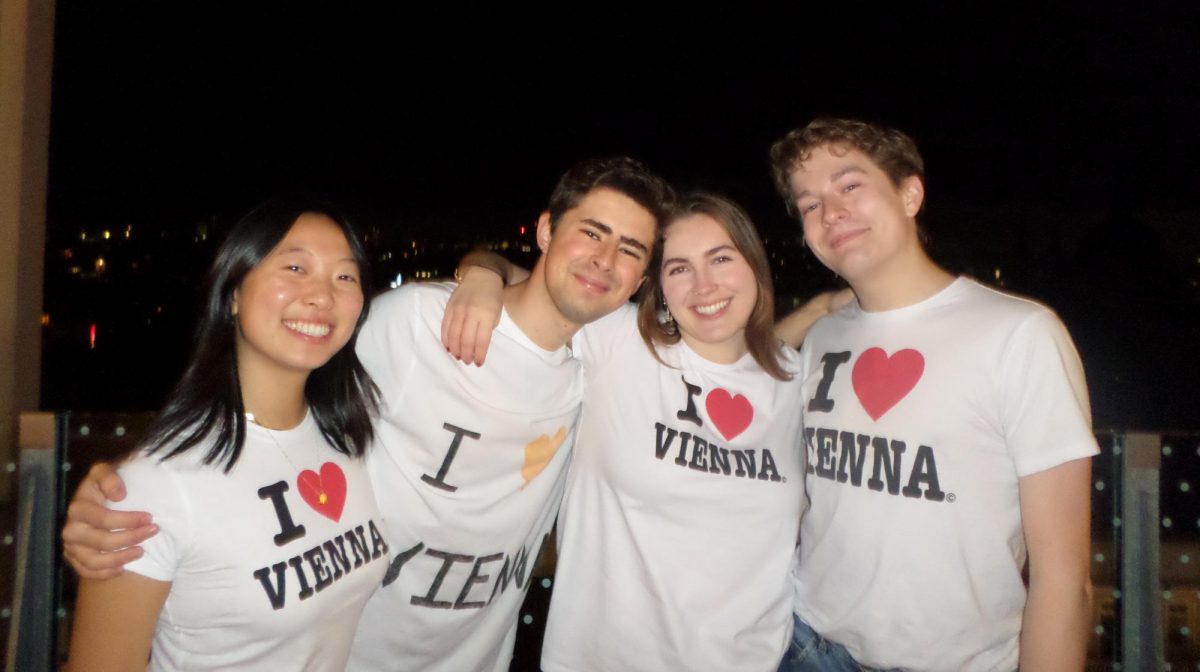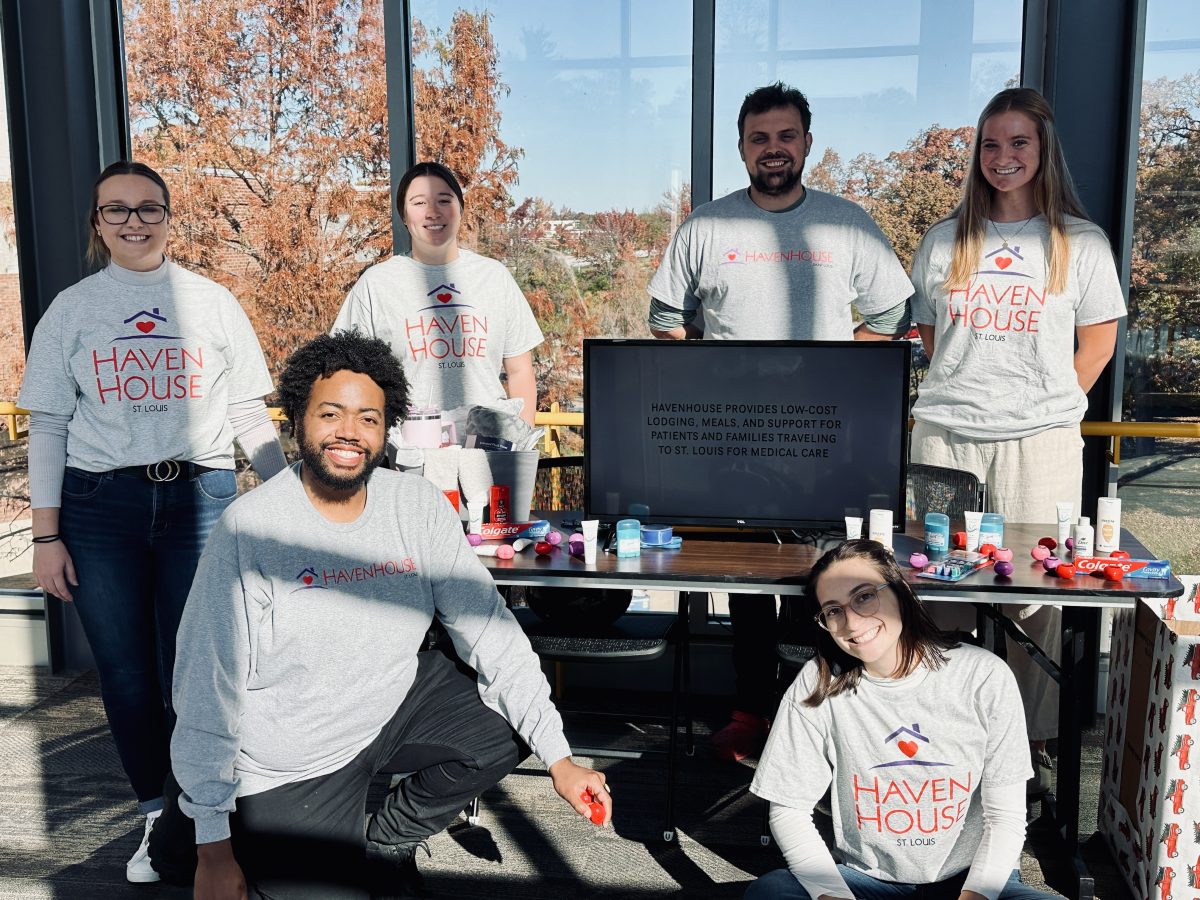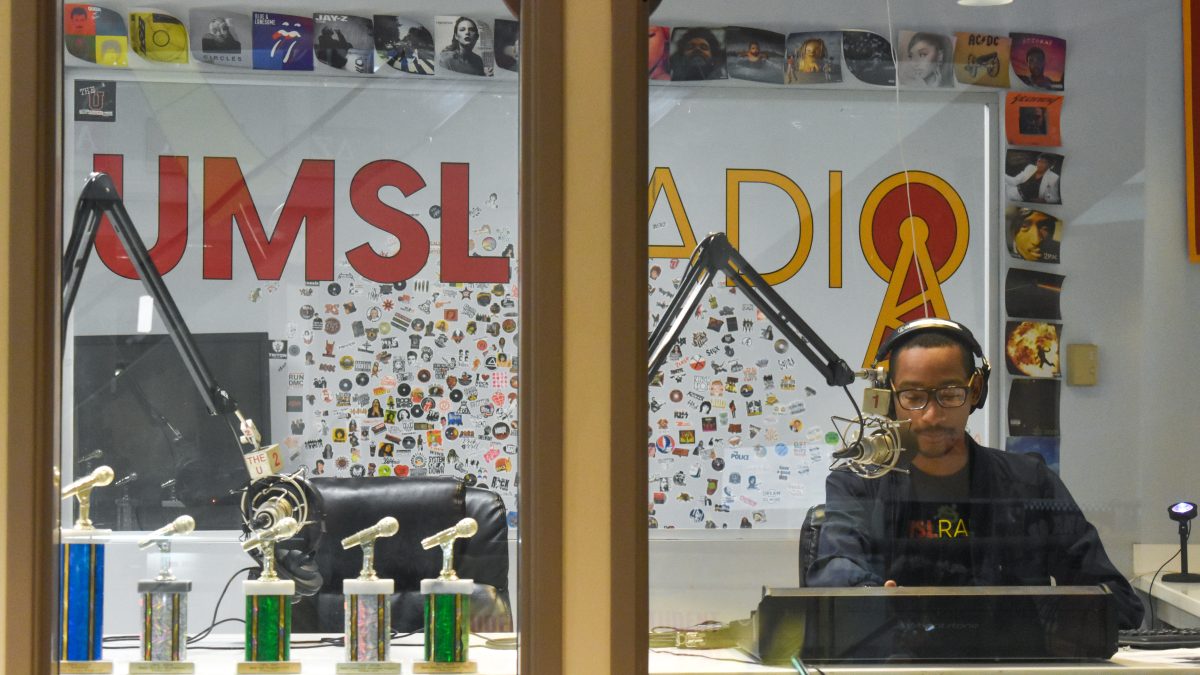April is Autism Acceptance Month. Today, April 2, is recognized globally as World Autism Awareness Day (WAAD), designated by the United Nations General Assembly in 2007. This year marks the 18th observance of this important day, dedicated to fostering understanding and acceptance of individuals on the autism spectrum.
Autism spectrum disorder (ASD) is a neurological and developmental condition that affects how individuals interact with others, communicate, learn, and behave. Although autism can be diagnosed at any age, it is classified as a developmental disorder because its symptoms typically emerge within the first two years of life.
Autistic individuals exhibit a diverse range of traits, including differences in social interaction, communication, cognition, and coexisting physical or mental health conditions.
Is this day solely for autistic individuals and their families? Absolutely not. Non-autistic allies also play a crucial role in advocating for and supporting the autistic community. Organizations such as Autism Speaks work to fund research, guide policy, and promote a world where all individuals with autism can reach their full potential.
At the University of Missouri–St. Louis (UMSL), the Office of Postsecondary Inclusive Education (OPIE) is committed to empowering neurodiverse individuals through education. Through collaboration with campus and community partners, OPIE offers programs that support St. Louis’ neurodiverse population.
Their mission is to help individuals develop self-determination skills, live independently, learn in an inclusive and supportive environment, secure meaningful employment, and engage in a rich social life. OPIE’s three key programs—Succeed, Succeed+, and Link (Degree or Certificate)—equip neurodiverse individuals with the skills to thrive academically and socially.
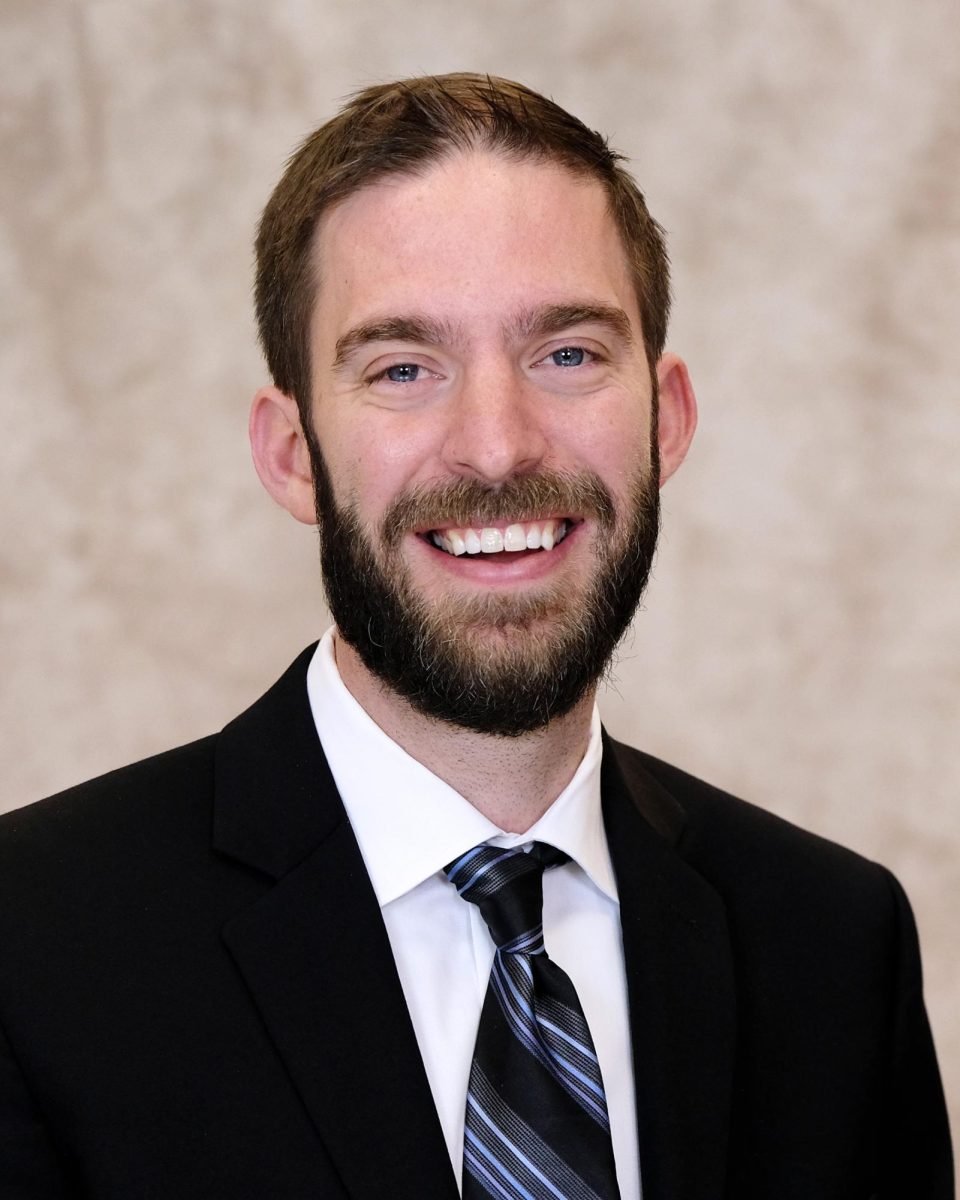
Jonathan Lidgus, Director of OPIE, emphasized the importance of fostering social connections and providing personalized coaching to help students succeed.
“Many autistic individuals benefit from tailored support in building social connections and reaching their academic and professional aspirations,” Lidgus shared.
“One shining example of the program’s impact is Tyler Haynes, a graduate of UMSL’s OPIE program. Tyler, who also serves as an Autism Speaks ambassador, is connected to OPIE as an alumnus and recruitment specialist, continuing to support and guide others within the program.”
Numerous organizations actively support the neurodiverse community. If you’re interested in learning more or getting involved, consider exploring the efforts of the American Autism Association, Aceing Autism, the National Autism Association, and many others.
To learn more about OPIE’s Succeed, Succeed+, and Link programs, contact (314) 516-5911 or email [email protected].

